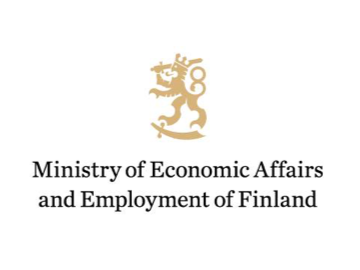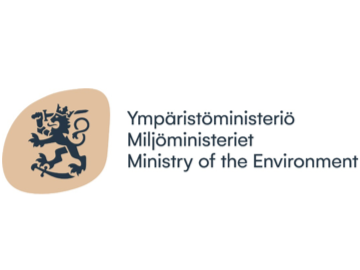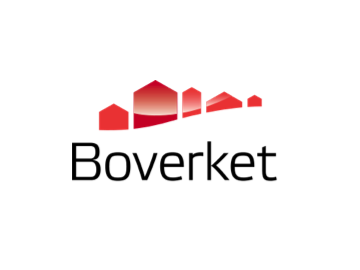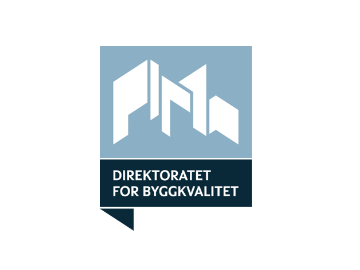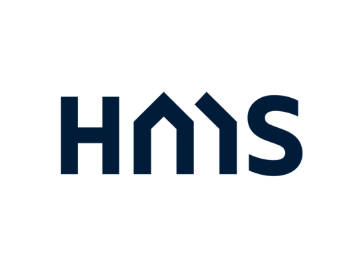As the project aims to create insight into the status and best practices surrounding circular construction in the Nordics, create voluntary goals and indicators, improve the reuse of said best practices, and create lasting impacts to the Nordic construction culture, a wide spread of Nordic knowledge was needed. Thus, the pan-Nordic project team consists of stakeholders from all five Nordic countries. From a common standpoint it is possible for the Nordic countries to impact the whole of the EU.
The leaders
The Environmental Ministry of Finland is responsible for coordination and communication in the project. The Ministry is represented by Matti Kuittinen, Senior Advisor. Matti has a background in architecture and academia; he is currently an adjunct professor at Aalto University.
”We need creativity and determination for decoupling resource consumption from the quality of the built environment.”
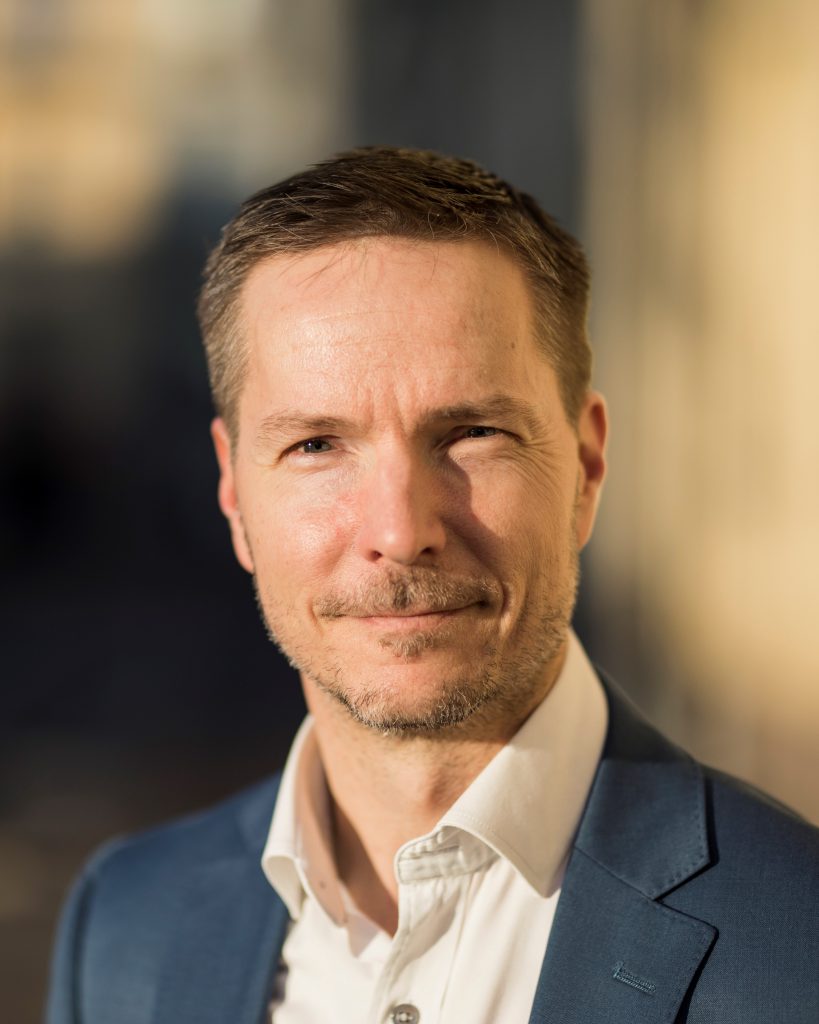
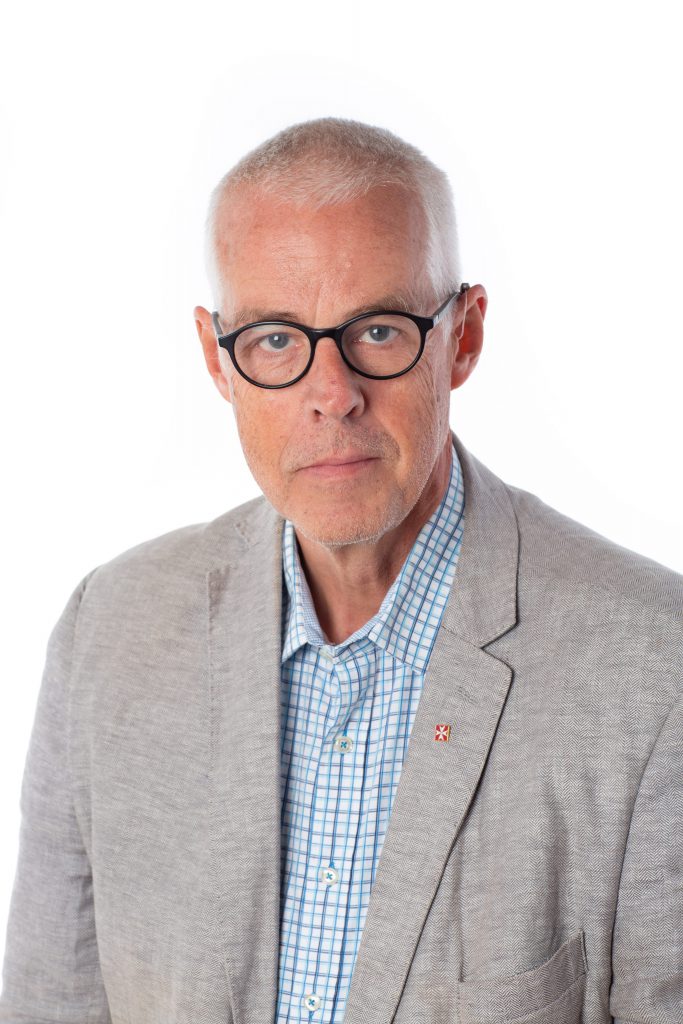
The second work package packet is run by the Swedish National Board of Housing, Building and Planning. The National Board is represented by Hans-Olof Karlsson Hjorth, a longtime sustainable construction expert. His specialties lie within climate, energy efficiency and a healthy indoor environment during the whole life cycle of a building
“Circular construction is the tool to balance wellbeing and the environmental impact within the planetary boundaries.”
Work package 3 aims to create metrics for circularity it is run by the ministry of Economic Affairs and Employment in Finland. The work package is run by Mika Honkanen. Mika has an extensive background in environmental coordination, sustainable development and surveillance of the utilization of natural resources.
I think that carbon-neutral economy is not possible without circular economy. But transition into a circular economy requires comprehensive changes in the whole society and that is why we need practical measures like NNCC project.
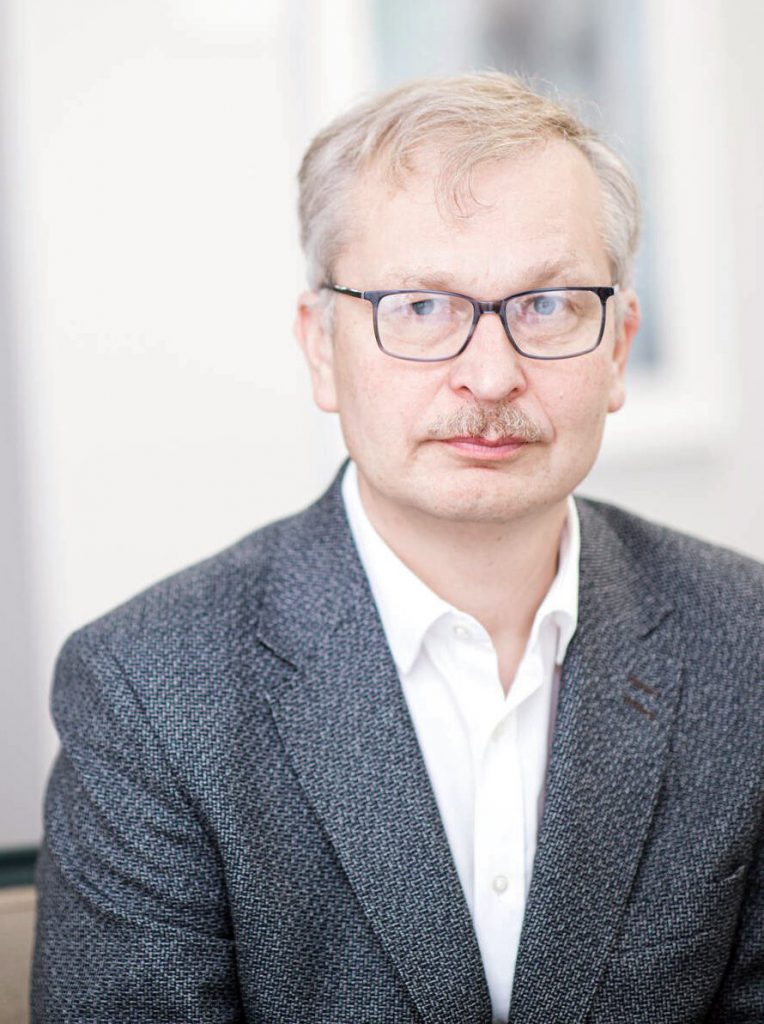
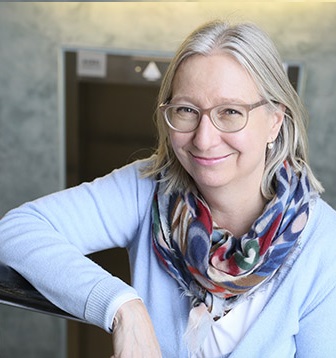
Nordic construction culture (Work package 4) is led by the Ministry of Education and culture in Finland. This work package will cooperate with Nordic co-design: A New European Bauhaus. The Work Package is run by Minna Karvonen. Minna is responsible for the arts and cultural heritage at the ministry. Minna has an extensive background in educational and cultural branches in government.
“I am very pleased that the Ministry of Education and Culture can take part in this interesting and important Nordic project. The co-operation will focus on the implementation of the Davos Declaration in the Nordic countries and the narrative of Nordic construction culture. I also look forward to the joint development of the New European Bauhaus (NEB).”
The fifth work package which aims to create a collaboration platform. The Norwegian Building Authority is leading the work package. Ingunn Marton has been identified as the responsible to follow through on the work. Ingunn is a seasoned professional in energy efficiency and environmental sustainability in buildings.
“In Norway there is a growing interest in circularity in buildings. Especially reuse of building materials has gotten a lot of attention the last years. We need to renovate more existing buildings and build new buildings with less greenhouse gas emissions and less impact on the environment. It is therefore of great interest that the Nordic countries collaborate and exchange knowledge about circularity in buildings. I am looking forward to lead the work package to contribute to easier exchange of knowledge between the Nordic countries. I believe that this platform will make it easier for the building industry to contribute in the circular economy.”
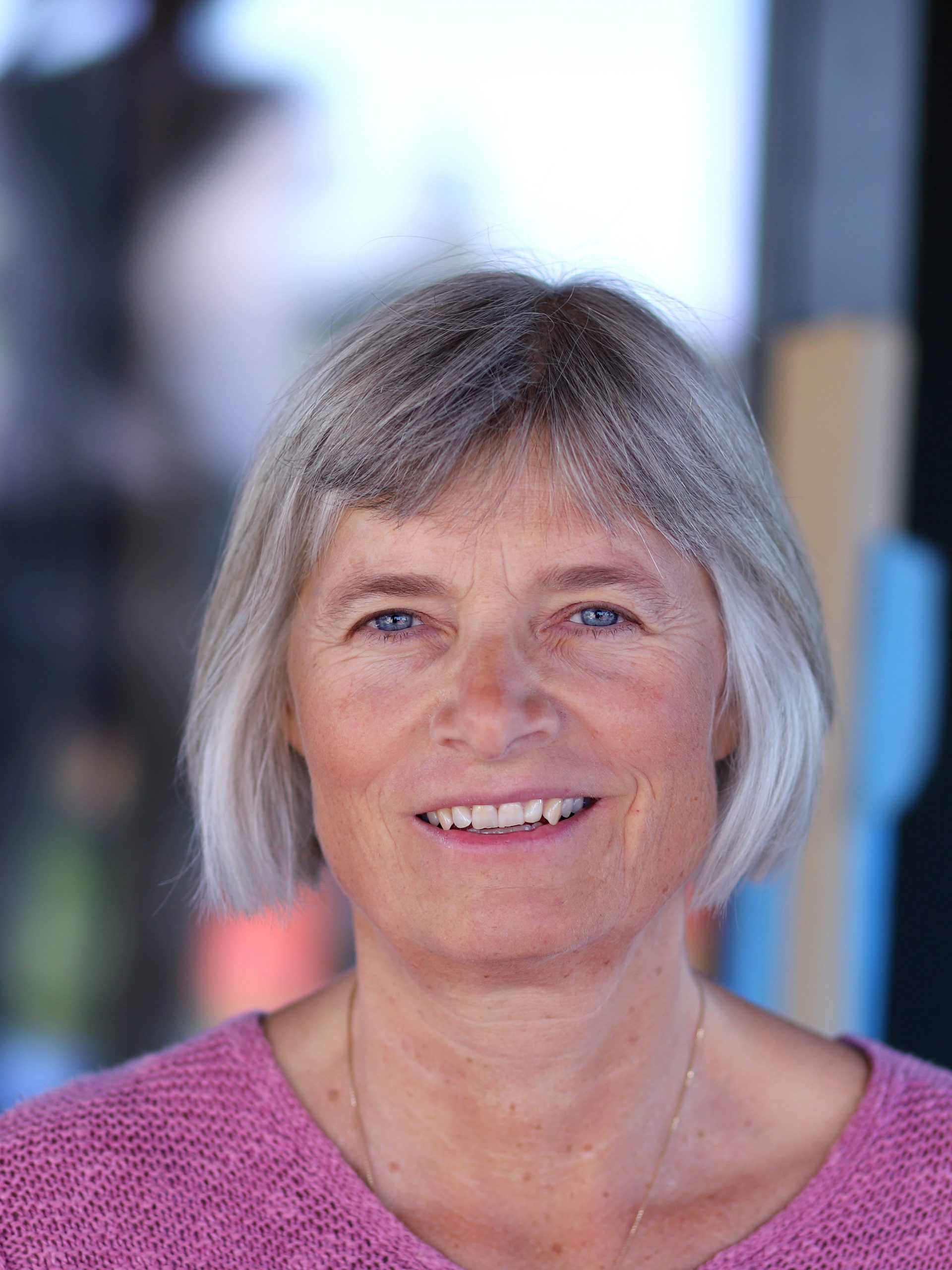
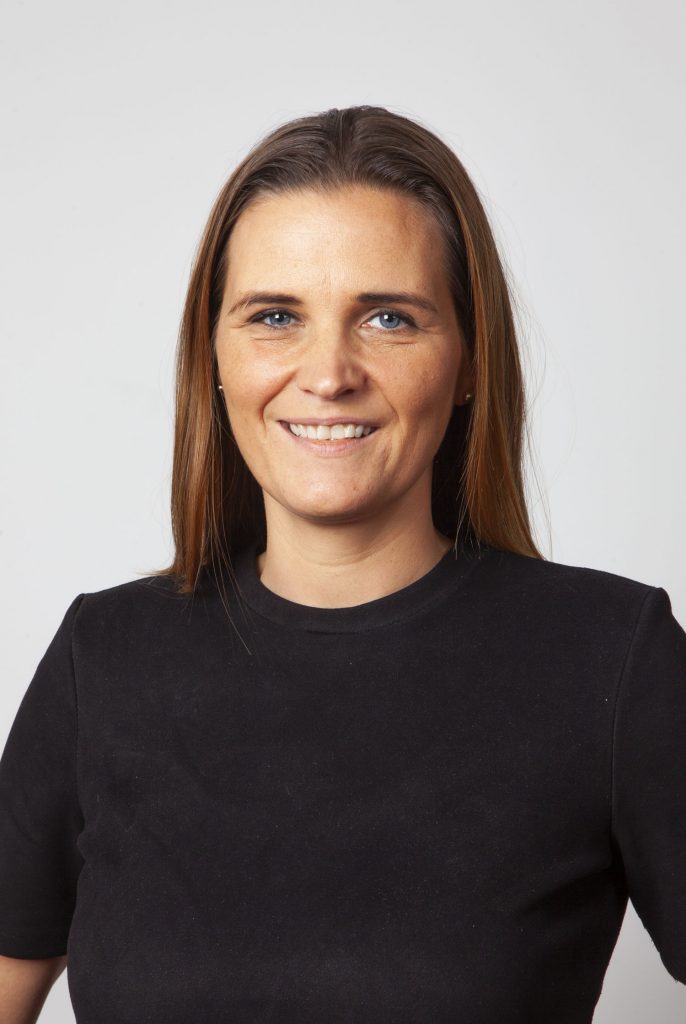
Work package 6 will create a national forum for each country and is run by the Housing and Construction Authority of Iceland. The work will be lead by Þóra Margrét Þorgeirsdóttir. Þóra Margrét Þorgeirsdóttir is a Team manager at the Icelandic Housing and Construction Authority in Iceland and Project Mangager of the public-private initiative „Building Greener Future“, a roadmap to sustainable construction industry in Iceland 2030.
“Ciruclar economy is an important key towards sustainable future. It involves better treatment of our resources, prevents emission, leads to a better economy and stimulates innovation and creative thinking.” Says Þóra.

